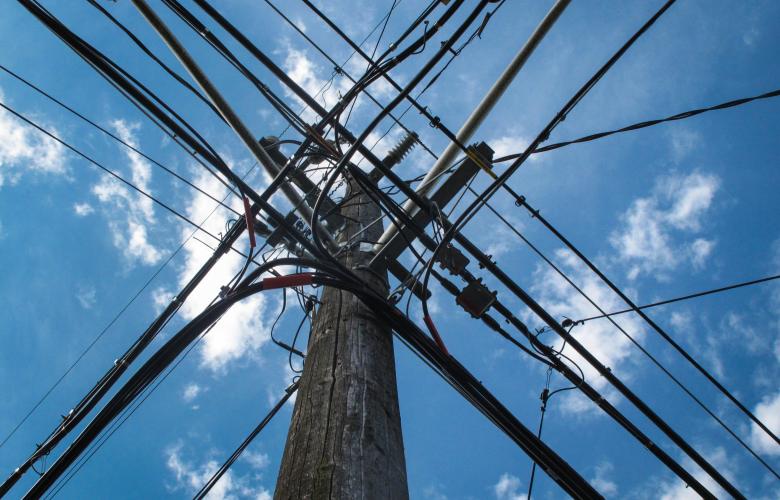Businesses struggling to pass on energy price rises, CPI figures show
Contact
Businesses struggling to pass on energy price rises, CPI figures show
Overall inflation remains low
Electricity prices rose by 8.9 per cent in the September quarter, the latest Australian Bureau of Statistics (ABS) figures reveal.
Other significant price rises this quarter were tobacco (+4.1%), international holiday travel and accommodation (+4.1%) and new dwelling purchase by owner-occupiers (+0.8%). These rises are partially offset by falls in vegetables (-10.9%), automotive fuel (-2.3%) and telecommunication equipment and services (-1.5%). Overall the Consumer Price Index (CPI) rose 0.6 per cent in the September quarter 2017.
Chief Economist for the ABS, Bruce Hockman, said "Utilities prices rose strongly in the September quarter 2017. The most significant rises relate to electricity and gas prices, with increases in wholesale prices being passed on to consumers. Increases in wholesale prices have been observed across the National Electricity Market (NEM), with the most significant rises this quarter in electricity being observed in Adelaide; Sydney; Canberra and Perth."
In response, the Australian Chamber of Commerce and Industry Chief Economist Adam Carr said that if not solved soon, Australia’s energy crisis would lead to “job losses and business closures”.
Mr Carr disagreed that prices were being passed on. "Seventy per cent of Australia's electricity is used by business,” he said. “Many businesses have seen their bills double in the past year. The figures confirm these rises are not being passed on to consumers.”
“The increasing costs to business are not being passed on in the cost of goods and services, with overall inflation remaining low at 1.8 per cent. We’ve seen falls in the cost of fruit and vegetables, clothing and footwear and telecommunications. Businesses are having to absorb these rises and many are at breaking point.”
“If Australia’s energy crisis is not solved soon we are going to see job losses and business closures,” he concluded.




